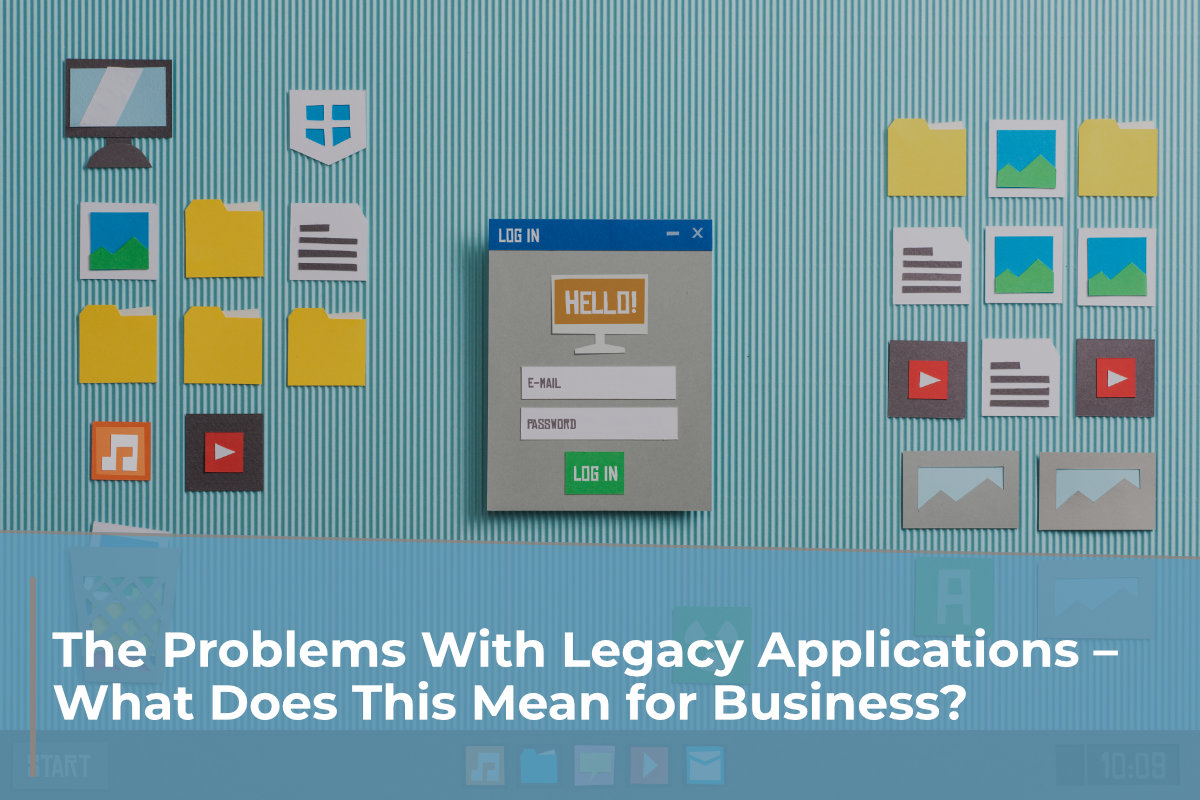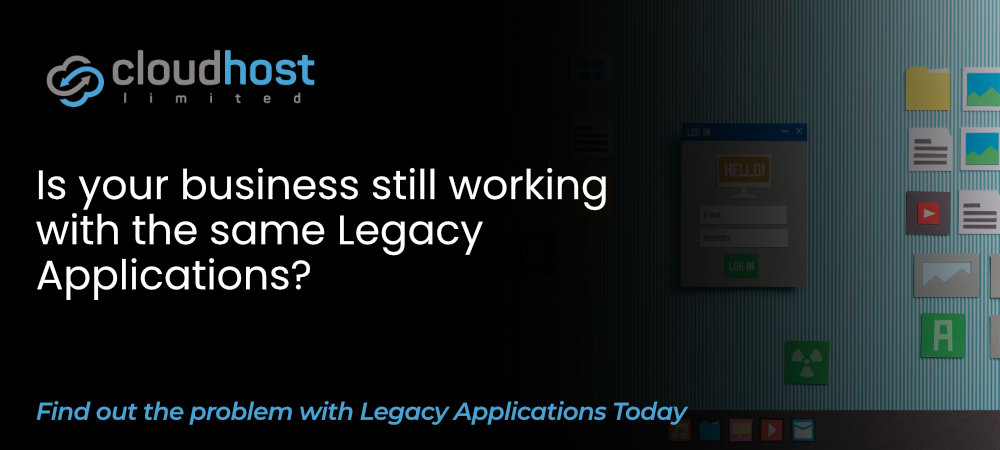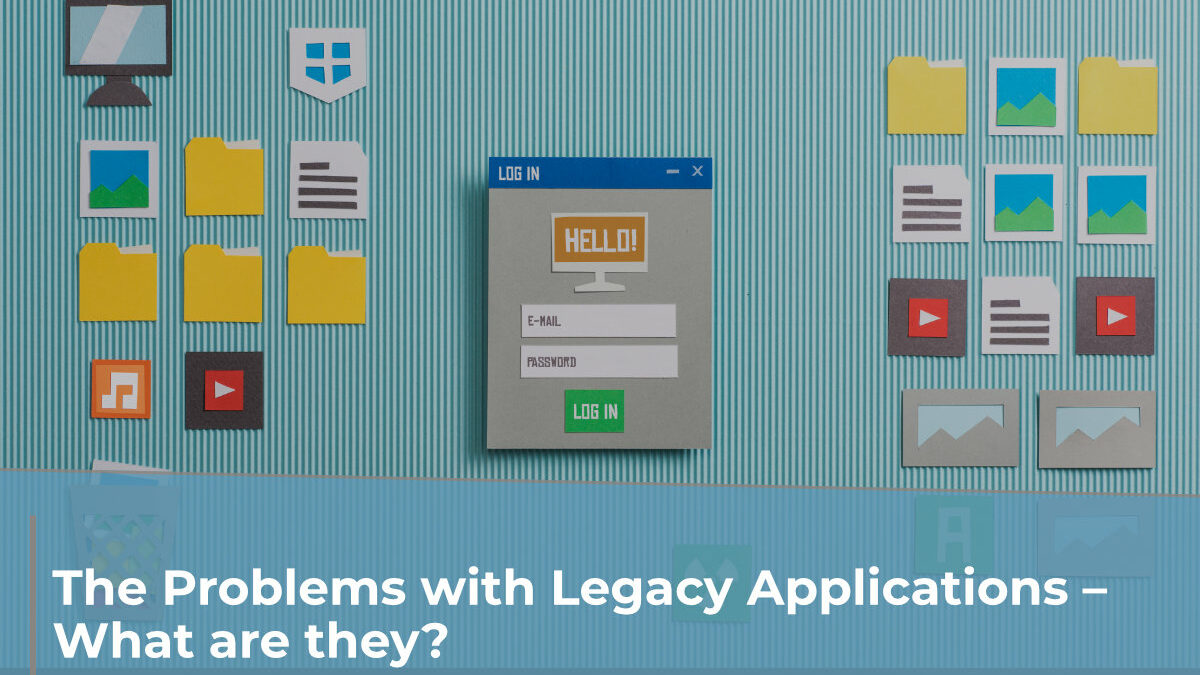
What Is Green Computing?
9 January 2023
The Problems With Legacy Applications – What Does This Mean for Business?
17 January 2023Each of us has certain tools that have grown to be our “favourites.” The issue is that those tools won’t last indefinitely and must be replaced by newer, better versions of the same tools, or, if that’s not possible, completely new tools that are comparable.
You might be at a turning point in your business, sure that it is ready to expand and possibly modify the kinds of services you provide to customers. Unfortunately, if you have no way of upgrading from the dated application or database on which your firm relies, this might not be achievable.
Using equipment that is close to its “end of life” serves no purpose. The seller will no longer provide support or will at the very least be in the process of doing so, rendering them both less effective to use and more susceptible to cyber security hazards.
You can solve these issues while continuing to achieve the levels of success you have, but there are a few things you need to understand first. We will examine what a legacy application is, what makes them legacy, and what issues arise from using them in this article and the one that follows.
What is a Legacy Application?
A legacy application is a system that serves a crucial function for your business but relies on antiquated, potentially dangerous technology to do it.
In computers, the term “legacy” does not have the same connotation as it does in other contexts. That’s not what we mean in this case, even though your tools will leave a successful legacy behind when they die. A legacy in computing is a dated computer system, application, or IT infrastructure that still functions but has been replaced despite being in use and serving a purpose.
We frequently hear the question, “It is still functional, how is it legacy?” with relation to outdated apps. Now let’s investigate this issue.
Apps become legacy when:
The operating system vendor ceases support
In other cases, the operating system in which the application is installed may become legacy instead of the application itself, which leaves users vulnerable to malware and other cybersecurity risks.
You have chosen not to upgrade
Of course, why alter a successful formula when things are going well? The main issue with this strategy is that when a new supplement is launched, it often goes unnoticed.
There is no newer version available
Sometimes a software provider ceases to exist or ceases to support a specific app, and that specific app may be the one that is crucial to your company’s success. The app might be overly specialised, but maybe you can discover value where other people can’t.
Without even realising it, your company may use legacy apps. Your team may utilise an app that is no longer supported or updated but is nonetheless useful to some users while being out of favour with the majority. You must regularly evaluate your apps and develop a strategy to advance your business with cutting-edge, capable, and supported applications that have the potential to completely revolutionise it.
It makes sense if you worry that your apps will become obsolete. Please do not hesitate to contact us if you need assistance determining whether they are, locating replacements, or just some general advice regarding your IT. We shall examine the practical and technological difficulties in using legacy programmes in the essay that follows.
Need help with your IT?
At CloudHost we can help you and your business with any of your IT needs. If you have additions or changes you wanted to make to your IT please get in contact with us today.





